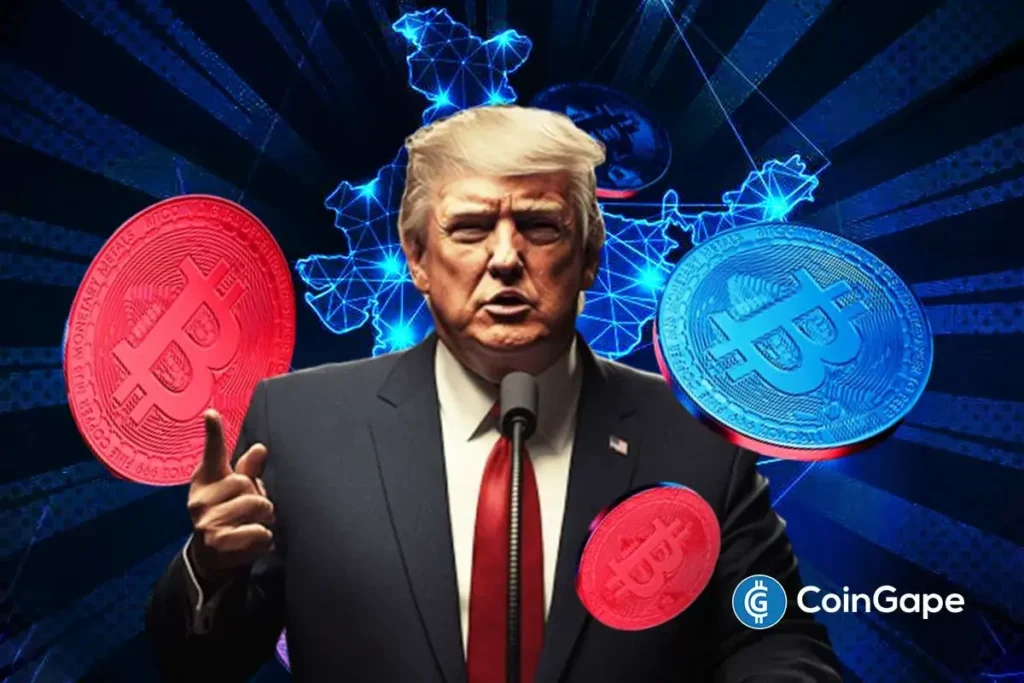The Impact of Trump’s Tariffs on the Cryptocurrency Market
In recent weeks, the cryptocurrency landscape has been heavily influenced by U.S. President Donald Trump’s announcement of a 25% tariff on India. As a result, Bitcoin (BTC) saw a significant price drop, falling to around $17,400 after briefly reaching a high of $18,400. This fluctuation highlights the broader implications of international trade policies on the cryptocurrency market, particularly as the August 1 trade deadline approaches.
BTC’s Volatility Amid Trade Tensions
The sudden downturn in Bitcoin’s value can be traced back to Trump’s Truth Social post, where he stated that India’s high tariffs warranted punitive measures. Such moves can lead to uncertainty and instability in the market, compelling investors to reconsider their positions. This is especially poignant given that tariffs typically act as economic barriers, influencing the flow of goods, services, and even digital assets across borders. Consequently, the recent tariff announcement has created a complex backdrop for cryptocurrencies, notably Bitcoin.
The Role of Other Trade Agreements
Despite the downward pressure on Bitcoin due to the India tariffs, there is a silver lining. The United States has already finalized several trade agreements with other countries, including the European Union, Japan, and Vietnam. These deals are set to take effect before the looming August 1 deadline and could potentially offset some of the negative effects triggered by the India tariff. In fact, the U.S. and EU trade agreement, touted as one of the most significant so far, could inject some positive sentiment into the market.
India’s Response and Potential Trade Deals
Indian officials are working diligently to navigate the fallout from Trump’s tariff announcement. They have indicated their interest in securing a trade deal that could alleviate some of the imposed penalties. The potential for an agreement before the August deadline presents a ray of hope for both the Indian economy and the global crypto market. If successful, such negotiations could bolster investor confidence and stabilize Bitcoin prices in the process.
Future of the Crypto Market
The cryptocurrency market operates within a highly interconnected global economy, meaning that international relations can significantly impact its dynamics. The uncertainty created by tariffs not only affects Bitcoin but can ripple through altcoins and the broader market as well. Despite the challenges, the prospect of new trade deals might pave the way for a market rally, especially as investor sentiment begins to shift in anticipation of more favorable conditions.
Conclusion: Looking Ahead
As the August 1 trade deadline approaches, the interplay between Trump’s tariffs and the cryptocurrency market will be closely watched. Should additional trade agreements be finalized, they could offer a lifeline to Bitcoin and potentially trigger a rally in prices. On the other hand, continued trade tensions could keep the crypto market in a state of volatility. Investors should keep an eye on global trade developments, as these will undoubtedly shape the direction of Bitcoin and other cryptocurrencies in the near future.
By understanding the complex relationship between trade policies and the cryptocurrency market, investors can better position themselves to navigate the uncertainties and opportunities that lie ahead.
















